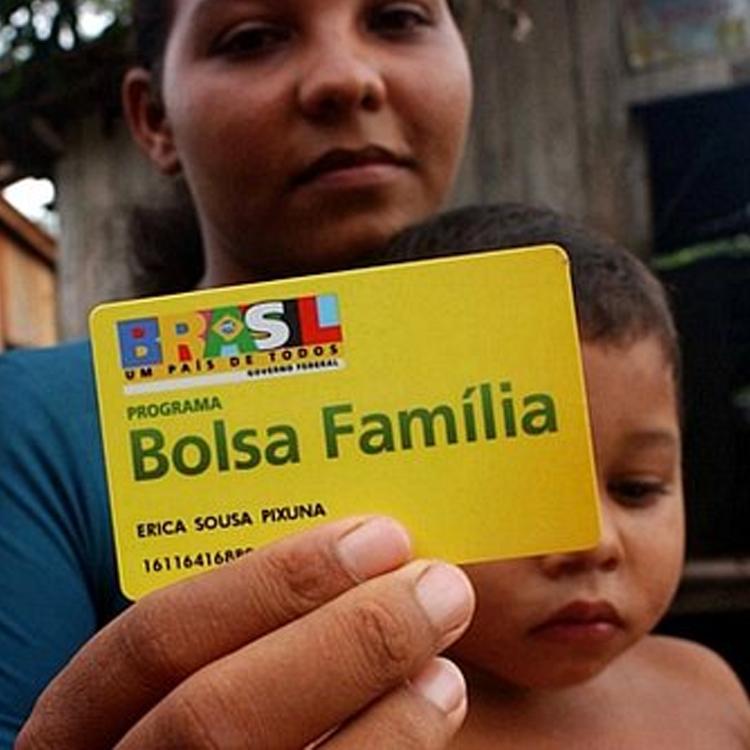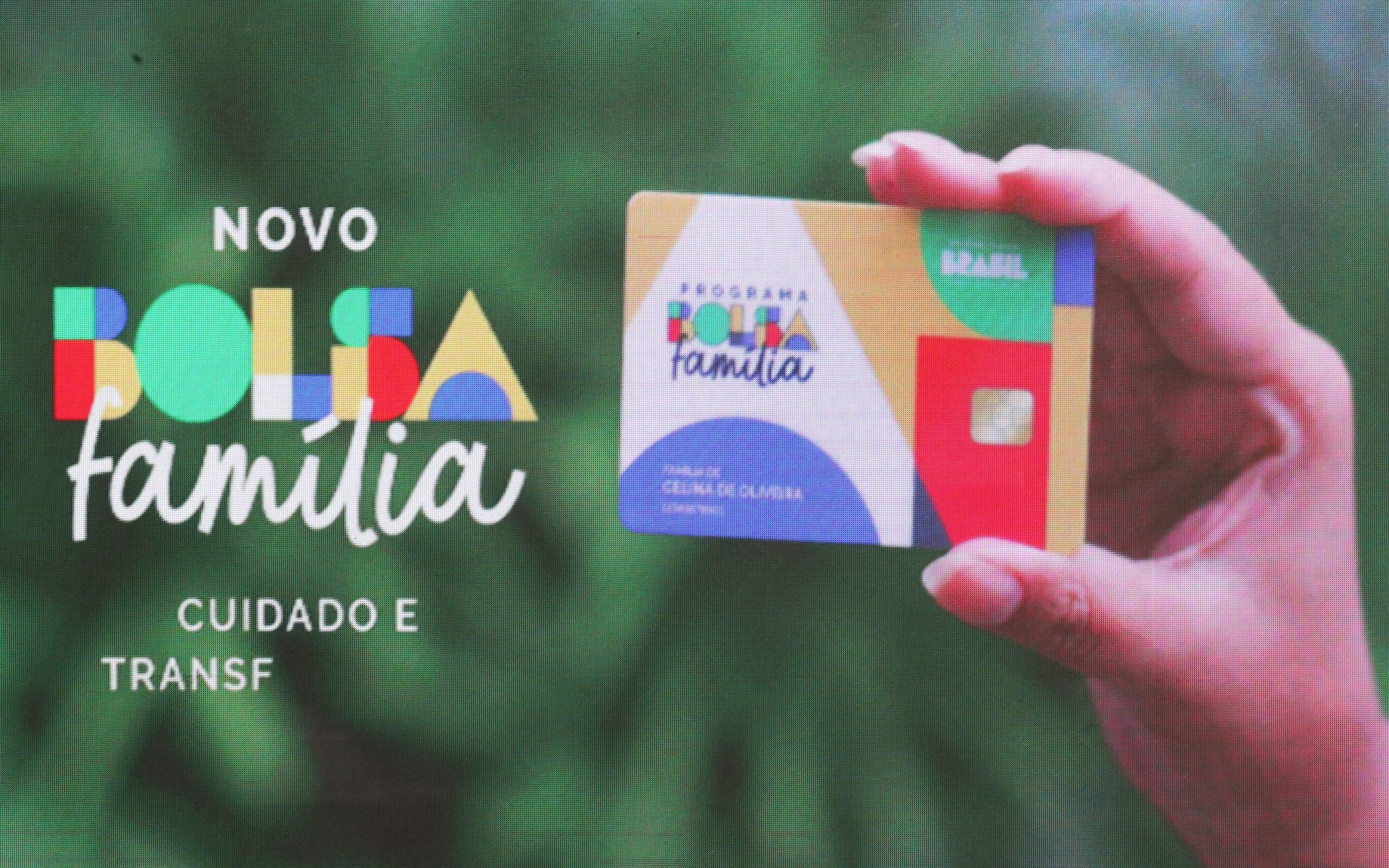In the heart of Brazil, where vibrant cultures intertwine with stark inequalities, a silent revolution has been taking place — one that transcends the barriers of poverty and provides hope to millions. Enter Bolsa Família, a government initiative that has become a lifeline for the country’s most vulnerable families. Launched with the intention of alleviating poverty and promoting social inclusion, this program stands as a testament to the power of targeted support in transforming lives. As we navigate the intricacies of Bolsa Família, we will explore its origins, impact, and the ongoing challenges it faces, all while shining a light on the stories of those who have found a path to dignity and opportunity through this pivotal program. Join us as we delve into the mechanisms of Bolsa Família and uncover how, for many, it represents not just financial assistance, but a beacon of hope in an ever-changing socio-economic landscape.
Empowering Communities through Financial Support
The impact of financial support programs like Bolsa Família extends far beyond mere monetary assistance; they are vital tools for fostering resilience and empowerment in disadvantaged communities. By providing a safety net, these programs enable families to invest in essential needs such as education, healthcare, and nutrition, thereby breaking the cycle of poverty. Households receiving support can afford to prioritize school attendance for their children and seek medical care, significantly improving their overall quality of life.
Moreover, the program has shown remarkable success in promoting community cohesion and collective growth. When families feel secure in their financial footing, they are more likely to engage in local initiatives and contribute to the wellbeing of their neighborhoods. Key benefits include:
- Increased School Enrollment: More children attending school leads to a better-educated future generation.
- Health Improvements: Access to healthcare services reduces malnutrition and illness.
- Economic Participation: Families are able to start small businesses or enhance their livelihoods.

Navigating the Impact of Bolsa Família on Education and Health
Since its inception in 2003, Bolsa Família has served as a vital lifeline for millions of Brazilian families, offering not just financial relief but also encouraging essential developmental benchmarks. The program’s conditional cash transfer mechanism requires beneficiaries to ensure their children attend school and receive necessary vaccinations, effectively intertwining social assistance with educational and health outcomes. This integration has fueled advancements in literacy rates and school enrollment, particularly among marginalized communities, fostering a generation with greater access to knowledge and opportunities.
The health aspect of Bolsa Família cannot be overlooked, as the initiative addresses the immediate needs for better healthcare access. By providing funds that help cover transportation to clinics and purchasing essential medicines, families are more inclined to seek medical attention. The program has seen significant improvements in key health indicators, including:
- Reduced Child Mortality Rates: Enhanced access to maternal and child health services.
- Vaccination Coverage: Increased immunization rates among children.
- Nutrition Improvements: Better access to food and nutrition which is crucial for childhood development.
| Indicator | Before Bolsa Família | After Bolsa Família |
|---|---|---|
| Child Mortality Rate | 40 per 1,000 | 30 per 1,000 |
| School Enrollment Rate | 75% | 90% |
| Vaccination Coverage | 70% | 85% |

Sustaining Benefits: Strategies for Long-Term Success
To ensure that the benefits of the Bolsa Família program are not only felt in the short-term but are sustained over the long haul, it is essential to implement comprehensive strategies. One effective approach is to emphasize financial literacy among beneficiaries. This can empower families to manage their resources better and make informed decisions regarding education, healthcare, and savings. Offering regular workshops and community meetings can foster a supportive environment where families can learn vital skills such as budgeting, investment planning, and entrepreneurship.
Moreover, establishing partnerships with local organizations can enhance the program’s reach and effectiveness. By collaborating with schools, healthcare providers, and job training centers, the program can provide a holistic support system that addresses multiple aspects of family life. Such partnerships can also facilitate access to complementary services such as nutrition education and mental health resources. In this way, Bolsa Família not only alleviates immediate financial pressures but also equips families with tools for sustainable growth and development.

Policy Innovations to Enhance Effectiveness and Reach
The Bolsa Família program has evolved to meet the changing needs of Brazil’s most vulnerable populations. Key policy innovations have been implemented to enhance both the effectiveness and reach of this crucial support system, ensuring that the assistance provided is not only adequate but also tailored to the specific circumstances of families in need. Among these innovations, the integration of health and education incentives has proven to be transformative, encouraging beneficiaries to prioritize their children’s schooling and regular health check-ups. This multifaceted approach not only aids immediate financial stability but also fosters long-term development for future generations.
Furthermore, the expansion of technological infrastructure has streamlined access to benefits. With the introduction of mobile platforms and digital payments, families can now receive support directly through convenient methods, reducing bureaucracy and the stigma often associated with welfare programs. To illustrate these enhancements, the following table summarizes the impact of recent modifications:
| Innovation | Impact |
|---|---|
| Health and Education Incentives | Improved school attendance and health outcomes |
| Digital Access | Increased efficiency and reduced stigma |
| Community Engagement Initiatives | Enhanced trust and program participation |
Wrapping Up
Bolsa Família stands as a testament to Brazil’s commitment to uplifting its most vulnerable citizens. By providing vital financial support and promoting access to education and healthcare, the program not only alleviates immediate poverty but also lays the groundwork for a more equitable future. While challenges remain, the impact of Bolsa Família resonates through the lives it touches, giving hope and opportunity to families who dream of a better tomorrow. As Brazil continues to navigate the complexities of social welfare, the lessons learned from Bolsa Família will undoubtedly shape policies aimed at fostering resilience and dignity for all. The journey may be long, but with each step forward, the promise of a brighter future becomes ever more tangible.

